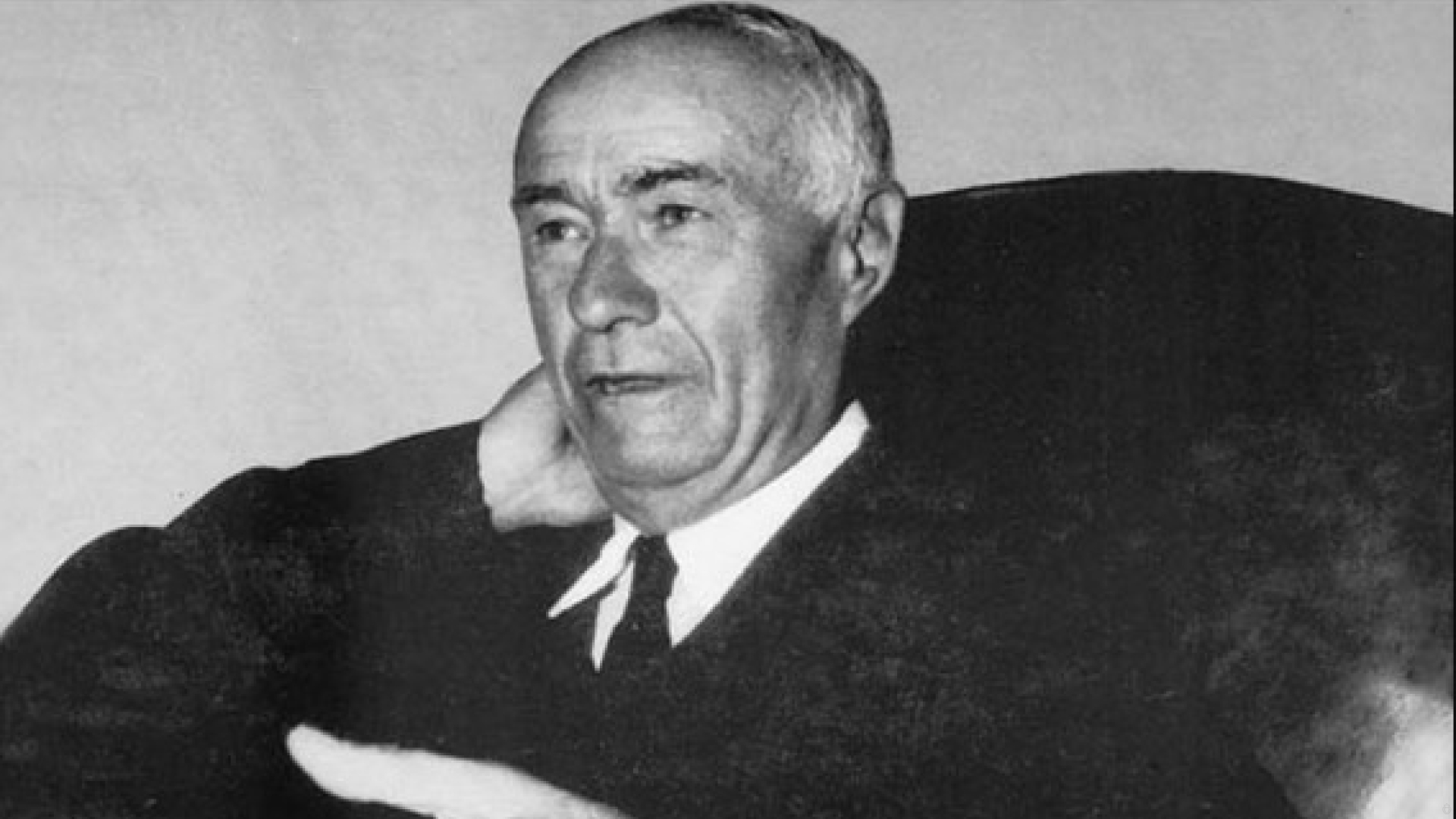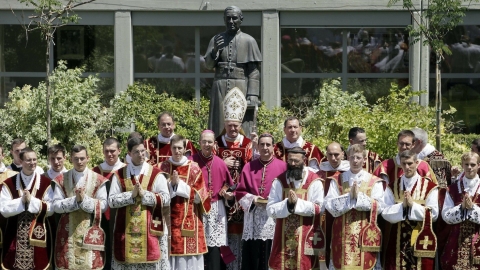Gustave Thibon on Technology

We offer here some comments of the French "peasant-philosopher", Gustave Thibon (1903-2001), from his 1955 work, Back to Reality. Gustave Thibon (1903-2001), a French Philosopher, is one of the great masters of the 20th century, as important as he is misunderstood, now almost completely forgotten.
The same concern for unity governs my attitude to the other problems of the hour. Some people have been alarmed by my attacks on certain kinds of material progress; they have inquired ingenuously if it can really be that I am opposed to machinery. As if the question, asked in such absolute terms, could convey any meaning at all! The plough itself, the distaff, and the wheel are all achievements of technology; indeed, the consistent enemy of machinery would logically be bound to be the consistent enemy of the human mind. Yet the tragic element in the present situation is no less obvious for that.
The material possibilities made available to mankind in rather more than a century have increased to an utterly bewildering extent, whereas man's biological and spiritual faculties have remained unchanged and are incapable of changing. Technical achievements endow him with almost indefinite possibilities of reach, but for all his efforts, he can add not an inch to his inward stature. He piles up his "marvels" on the level of having without anything to counterbalance them on the side of being. Hence the lack of balance.
The organism, in Hippocrates' words of universal application, nourishes itself only on what it subdues. It is all too clear that many technical acquisitions (wireless, cinema, ease of communication, and the rest) have not yet been "subdued" by the mass of human beings. I look at technical achievement not only in its aspect of conquest, which is marvelous enough; I also look at it from the point of view of assimilation. And this is disquieting. Every conqueror knows that there is nothing so dangerous as a conquest unassimilated. Material civilization, as I see it, is an enormous banquet, at which thou-sands of courses are served to the guests and at an ever-increasing rate.
Where I am divided from the wholehearted supporters of technology is that, while they have no thought but to rejoice at the number and quality of the dishes, I take into consideration the capacity of the guests' stomachs and the time they require for digestion. Similarly, I defend property in its organized form; I attack it in its parasitical form. I also believe in the diffusion of knowledge, but only to the extent to which knowledge can be absorbed and properly controlled. I prefer an old, unlettered countryman who draws his rude wisdom from his direct contact with God-given reality to the uprooted individual stuffed with useless reading who, in the words of Mistral, "no longer tells the time by the sun, to whom the old ways mean nothing." I prefer, everywhere, the humblest realities in which the soul is perceptible to the loftiest appearances bereft of the soul.





